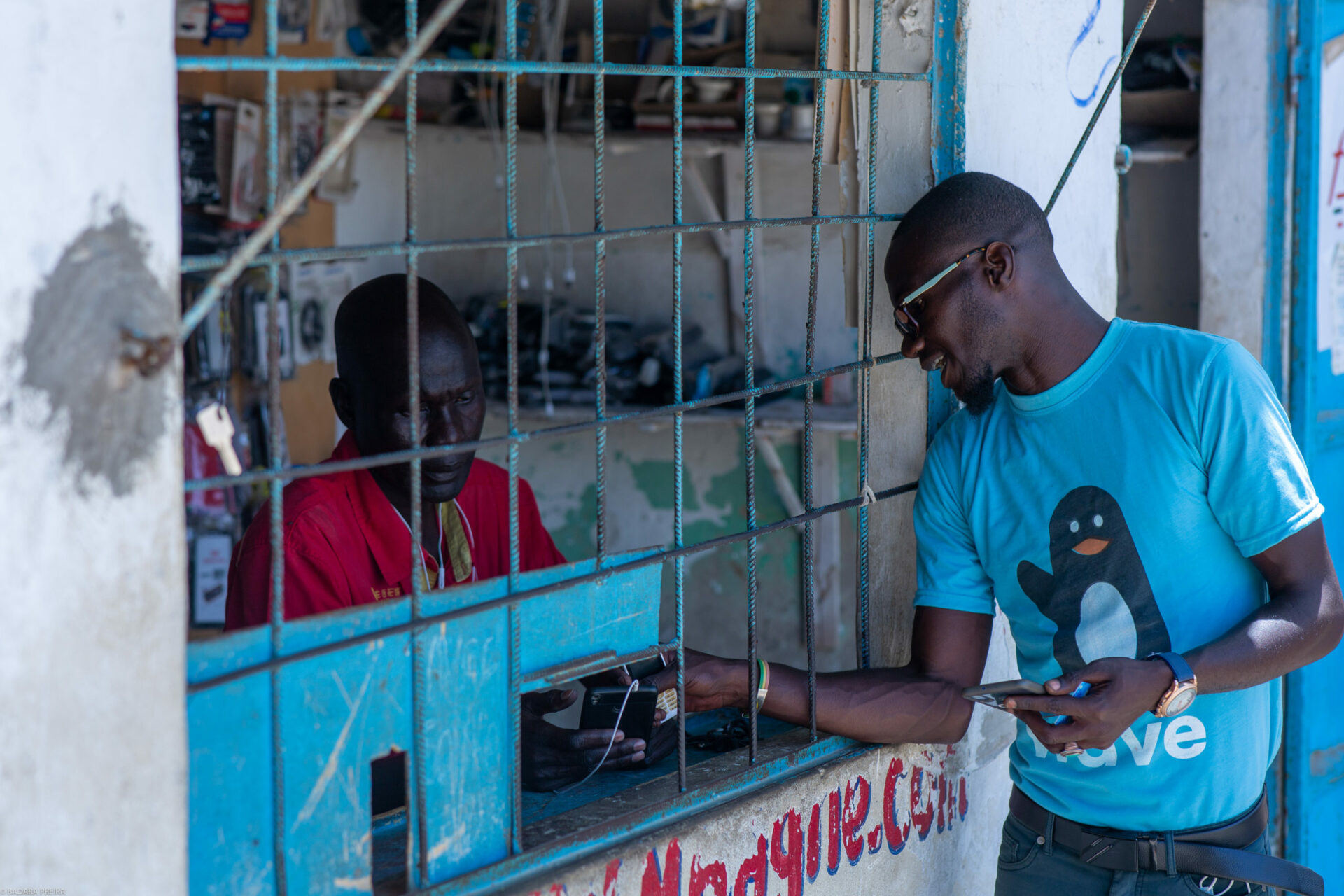The naira has lost as much as 68% of its value since the Central Bank of Nigeria (CBN) announced a floating FX regime in June 2023.
For businesses with some or all of their operating expenses denominated in dollars, this has meant higher operating costs and, in some cases, significant losses.
Telecommunications provider, MTN Nigeria lost ₦137 billion in 2023 due to its tower costs being pegged to the dollar. Other businesses such as Cadbury Plc and BUA Foods lost ₦36.93 billion and ₦73.56 billion, respectively.
Consequently, many Nigerian startups have begun migrating some of their technology needs to local providers.
Internal communication tools have been the easiest to move with alternatives like Zoho, which allows Nigerians to pay in naira, becoming a favourite. Others have had to temporarily pause the use of certain products as they look to conserve scarce resources.
Yet, one aspect of startup operations that has not seen a lot of this development is cloud hosting. Startups largely use cloud hosting for database management and spend significant resources on it.
Most startups use providers such as Amazon Web Services (AWS), Azure, and Google Cloud for their cloud hosting needs. All three frequently provide startups with free cloud credits directly and through partners, enabling them to sign up many startups.
But as the naira continues its decline against the dollar, some founders have begun considering a move to local cloud hosting providers.
Can local cloud hosting providers step up?
Ebun Okubanjo, CEO of payroll services provider, Bento, recently shared that his team was moving some of its infrastructure to Nobus Cloud Services, a local provider. Despite being satisfied with the quality of AWS' service, it represented a huge cost for his business in the face of the naira's declining value.

Join over 3,000 founders and investors
Give it a try, you can unsubscribe anytime. Privacy Policy.
By changing providers, his bill went from ₦6 million ($3,814) a month on AWS to ₦4.9 million ($3,115) a year using Nobus Cloud Services, emphasising the significant cost savings startups could make by switching to local providers.
Still, many worry that local providers lack the capacity to serve startups, an argument which Ahmad Mukoshy, CEO of GigaLayer, disagrees with.
GigaLayer is a local cloud hosting provider that currently supports nearly 16,000 businesses.
While it was founded to provide micro-hosting services for SMEs in the country, Mukoshy shares that nearly half of the businesses it serves are startups and financial institutions.
With uptime a major worry for any business patronising local cloud hosting providers, Mukoshy argues that GigaLayer offers the same service quality as its foreign partners.
Using infrastructure from companies in Europe and the United States, it tailors its services to the needs of its clients. With a portion of its client list outside Nigeria, he notes that GigaLayer must offer comparable service quality or risk losing users to competitors.
"In most cases, we don't really have an affiliate kind of business where the partner overseas has complete control over delivery or support. We only take it raw from our partners and tailor them to the requirements of the businesses."
GigaLayer currently has no data centres, but it manages six in North America, Europe, and Nigeria through a strategic partnership. This enables it to build custom solutions for clients.
Staying profitable
Since GigaLayer works with partners outside Africa, some of its operating costs are billed in dollars, but Mukoshy shares that it offsets most of these costs by earning foreign exchange.
First, its overseas clients pay for services in dollars, providing the company with much-needed dollar revenues to offset some operating costs.
Primarily working from Nigeria also has its benefits as it incurs lower operating costs than its foreign counterparts despite providing similar services. Consequently, it can offer its users cheaper prices than competitors.
Due to the nature of its service, Mukoshy explains that it tries to keep some of its infrastructure locally, enabling it to keep operating expenses low while generating enough overseas revenue to meet its foreign exchange obligation(s).
With increased expenses forcing startups to seek local alternatives, Mukoshy explains that GigaLayer is beefing up its technical abilities to meet startups' needs.
He also pointed out that startups are still reluctant to make the switch due to the potential implications should things go wrong. In response, it is offering a money-back guarantee to de-risk the switch.
** ₦1573/1$





















